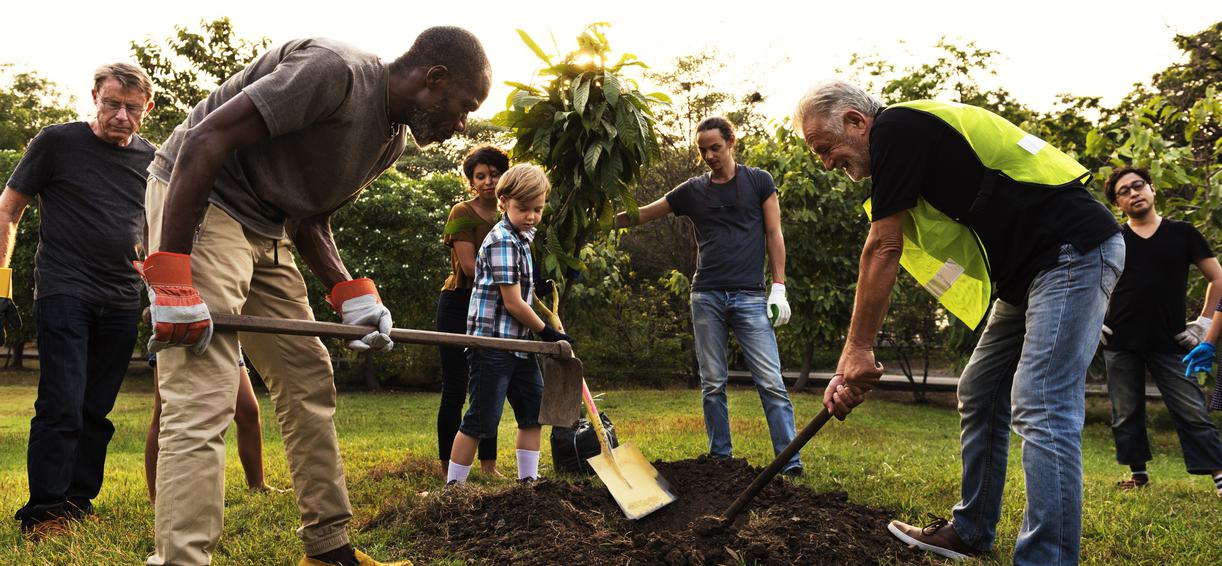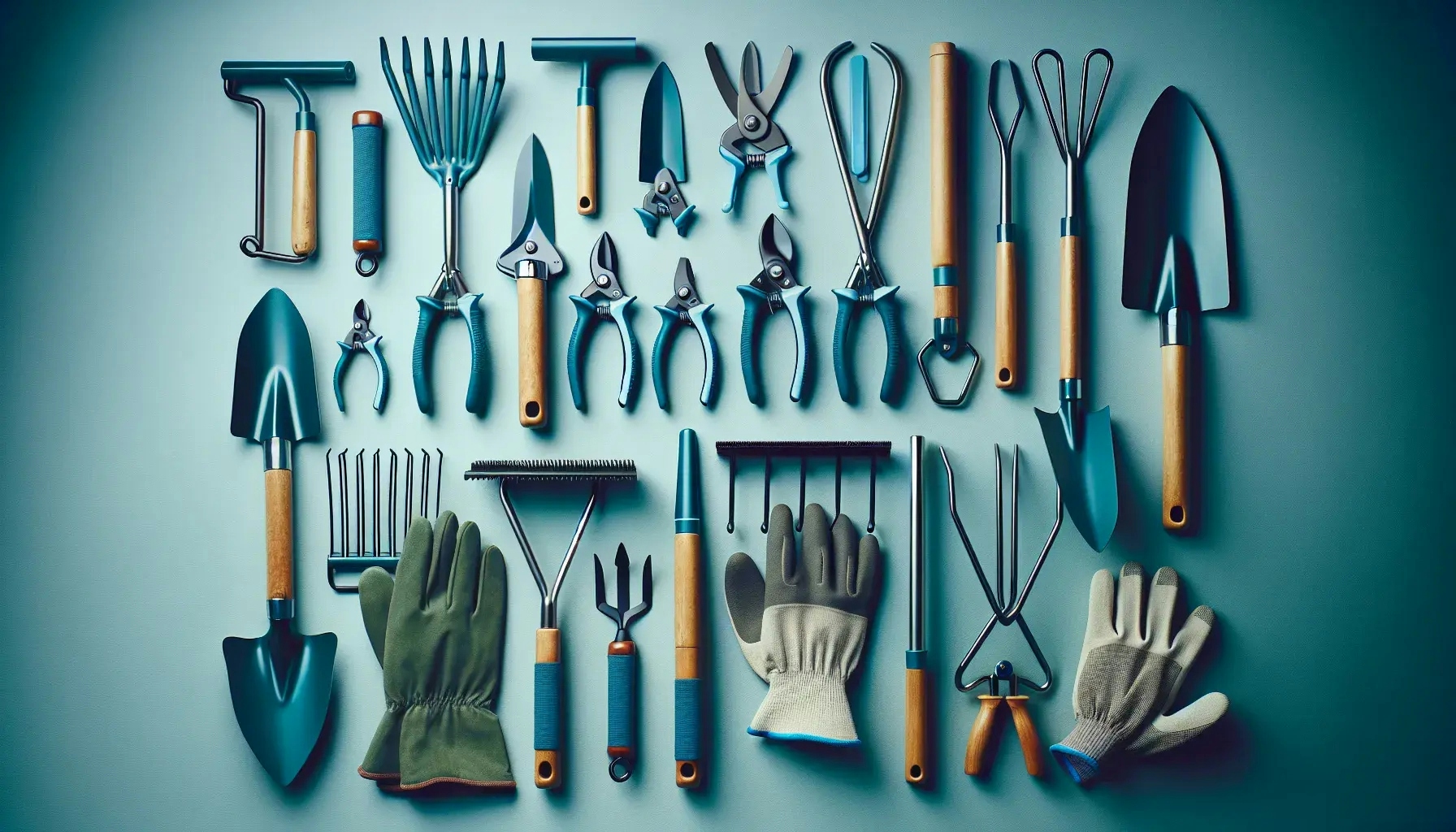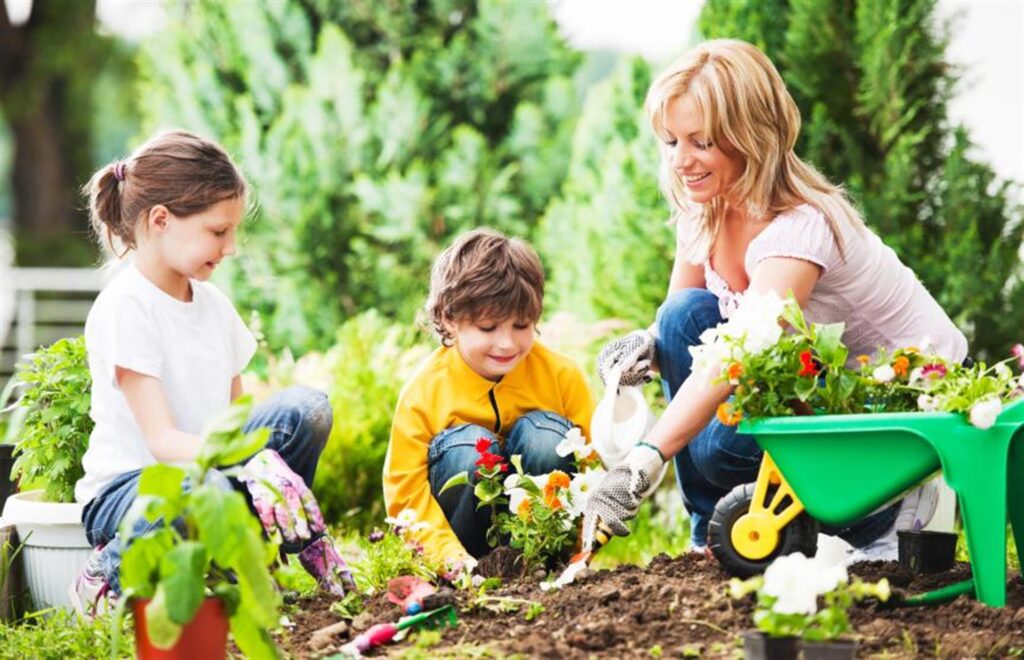blog
The Ultimate Guide to Choosing the Right Gardening Tools
Gardening is an enriching activity that brings beauty, relaxation, and fresh produce into our lives. However, without the right tools, even the simplest gardening tasks can become frustrating. Choosing the correct gardening tools is crucial for efficiency, comfort, and ensuring the best care for your plants. This ultimate guide will walk you through everything you need to know to select the right gardening tools, whether you’re a beginner or a seasoned gardener.
1. Understand Your Gardening Needs
Before purchasing tools, take a moment to assess your gardening needs. Consider the following:
- Size of Your Garden: A small balcony garden requires different tools than a sprawling backyard.
- Type of Plants: Are you growing flowers, vegetables, or shrubs? Different plants may require specialized tools.
- Soil Condition: Hard, compact soil might need heavy-duty tools, while loose soil requires lighter options.
- Tasks: List the activities you’ll perform, such as planting, pruning, watering, or weeding.
By understanding your specific requirements, you can narrow down the essential tools and avoid overspending on unnecessary items.
2. Essential Gardening Tools for Beginners
If you’re just starting, begin with these basic tools:
Hand Trowel
A hand trowel is essential for planting seeds, transplanting seedlings, and digging small holes. Choose one with a durable, rust-resistant blade and a comfortable grip.
Pruning Shears
Pruning shears are used for trimming plants, cutting back overgrowth, and maintaining plant health. Look for bypass shears for live plants and anvil shears for dead branches.
Garden Fork
A garden fork helps loosen compact soil, remove weeds, and mix fertilizers. Opt for one with sturdy, sharp tines to handle heavy-duty tasks.
Gloves
Protect your hands from cuts, blisters, and dirt with a good pair of gloves. For thorny plants, choose gloves with reinforced fingertips and palms.
Watering Can
A medium-sized watering can with a detachable rose head allows for gentle watering, especially for delicate seedlings and flowers.
3. Advanced Tools for Experienced Gardeners
As you gain experience, you may need specialized tools for more complex gardening tasks:
Garden Hoe
A hoe is perfect for breaking up soil, removing weeds, and creating furrows for planting. Different types of hoes, such as scuffle hoes or draw hoes, cater to specific tasks.
Wheelbarrow
A wheelbarrow is invaluable for transporting heavy loads of soil, mulch, or plants. Choose one with a sturdy frame and a durable wheel.
Loppers
For thicker branches, loppers provide the extra leverage needed to make clean cuts. They are ideal for maintaining trees and shrubs.
Soil Tester
A soil tester measures pH levels and nutrient content, helping you understand your soil’s condition and make necessary adjustments for optimal plant growth.

4. Material and Build Quality
Investing in high-quality tools ensures durability and better performance. Consider the following materials:
- Stainless Steel: Resistant to rust and easy to clean, stainless steel is ideal for blades and tines.
- Aluminum: Lightweight and rust-resistant, aluminum is perfect for handles.
- Wood: Ergonomic and eco-friendly, wooden handles provide a comfortable grip but require proper care.
- Rubber or Plastic Coatings: Added to handles for improved grip and comfort during extended use.
Check the build quality by testing the tool’s sturdiness and balance. Avoid flimsy materials that may break or wear out quickly.
5. Ergonomics and Comfort
Gardening can be physically demanding, so ergonomic tools are a must to reduce strain on your hands, wrists, and back. Look for features such as:
- Soft-Grip Handles: Provide cushioning and reduce hand fatigue.
- Adjustable Tools: Telescopic handles on rakes or hoes allow for customizable lengths, preventing back strain.
- Lightweight Designs: Easier to handle, especially for extended gardening sessions.
Test tools in-store whenever possible to ensure they feel comfortable in your hands.
6. Multipurpose vs. Specialized Tools
Multipurpose tools can save money and storage space, but specialized tools often perform specific tasks more efficiently. For example:
- A hand fork may double as a weeder, but a dedicated weeder is better for removing deep-rooted weeds.
- A shovel can handle multiple tasks, but a spade is better for edging and digging precise holes.
Evaluate your gardening style and decide whether versatility or precision is more important.
7. Maintenance and Storage
Proper care extends the lifespan of your tools. Follow these tips:
- Cleaning: Rinse dirt off tools after use and dry them thoroughly to prevent rust.
- Sharpening: Keep blades sharp for efficient cutting and digging.
- Oil Wooden Handles: Apply linseed oil to prevent cracking and splintering.
- Storage: Use a dry, organized space like a shed or garage to store tools. Hang tools on hooks to save space and prevent damage.
8. Budget-Friendly Options
Gardening tools can range from affordable to high-end. While it’s tempting to opt for the cheapest options, investing in mid-range or high-quality tools often pays off in the long run. Here are some budget-friendly tips:
- Start Small: Buy only the essential tools initially and add to your collection as needed.
- Look for Sales: Check garden centers and online stores for discounts during off-seasons.
- Second-Hand Tools: Used tools in good condition can be a cost-effective option.
9. Eco-Friendly Gardening Tools
For environmentally conscious gardeners, consider sustainable options:
- Bamboo Handles: Renewable and biodegradable, bamboo is a great alternative to plastic.
- Recycled Materials: Some tools are made from recycled metals and plastics.
- Manual Tools: Reduce energy consumption by choosing manual tools over electric or gas-powered ones.

10. Top Brands to Consider
While many brands offer quality gardening tools, some stand out for their durability and performance:
- Fiskars: Known for ergonomic designs and long-lasting materials.
- Felco: Renowned for premium pruning tools.
- DeWit: Offers handmade, eco-friendly tools.
- Spear & Jackson: Combines affordability with quality.
- True Temper: Great for heavy-duty tools like shovels and rakes.
Research reviews and compare options to find the best tools within your budget.
Conclusion
Choosing the right gardening tools is an investment in your gardening success and enjoyment. By understanding your needs, focusing on quality and comfort, and maintaining your tools properly, you can build a collection that serves you well for years to come. Whether you’re planting flowers, growing vegetables, or simply beautifying your outdoor space, the right tools will make the experience rewarding and stress-free.
Start with the basics, gradually add advanced tools as your skills grow, and don’t forget to care for your tools to maximize their lifespan. Happy gardening!


